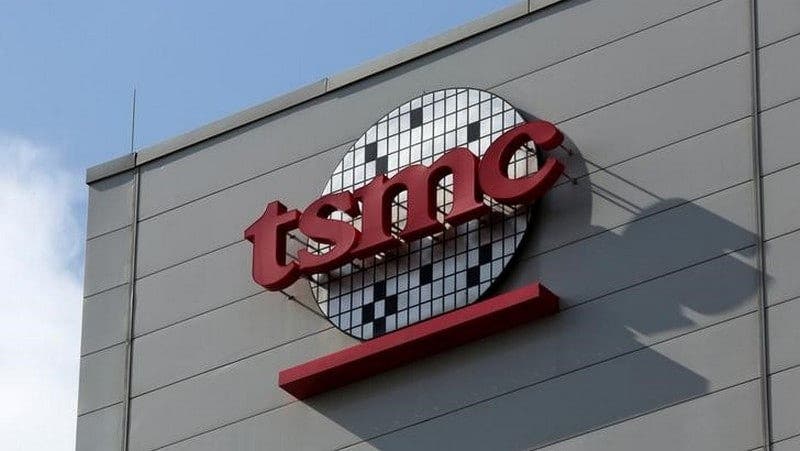Reports out of China suggests that in 2020, iPhones will use 5nm chips. TSMC announced that it will provide a complete version of its 5nm chip design infrastructure within its Open Innovation Platform (OIP). This will enable the design of 5-nm chip systems (SOCs) in next-generation advanced mobile and high-performance computing applications. The chip is aimed at the fast-growing 5G and artificial intelligence markets and paves the way for the launch of the 5nm A14 chip in 2020.

TSMC has been the sole supplier of Apple A series chips since 2016. It is widely believed that TSMC’s packaged products are superior to other chip manufacturers such as Samsung and Intel. Therefore, TSMC will continue to monopolize Apple’s A-series chips in 2019 and 2020 – will produce A13 chips and A14 chips. Over the years, TSMC has continued to improve its manufacturing process, from A10 Fusion’s 16nm, A11 Bionic’s 10nm all the way to A12 Bionic’s 7nm. Thanks to the simplification of the EUV lithography process, the A13 chip is likely to reach 7nm+ levels.
CliffHou, vice president of R&D and technology development at TSMC, said: “TSMC’s 5nm technology provides our customers with the industry’s most advanced logic flow to meet the exponential growth in computing power driven by artificial intelligence and 5G. Nanotechnology requires deeper design technology for collaborative optimization. Therefore, we work seamlessly with our ecosystem partners to ensure that we provide validated IP blocks and EDA tools for our customers. We will continue to help customers get tested successfully and bring products to market faster.”
Compared with TSMC’s 7nm process, the innovative feature of the 5nm chip is that the ARMCortex-A72 core provides 1.8 times the logic density and 15% speed gain of the previous generation. It also achieves a superior SRAM and analog area through the process architecture. The 5nm process has the advantage of a simplified EUV lithography process and has made good progress in yield learning, reaching the current best technical maturity of TSMC.
TSMC’s 5nm process is already on its way and the company plans to invest $25 billion in mass production by 2020. According to reports, their goal is to achieve 3nm process manufacturing in 2022.





